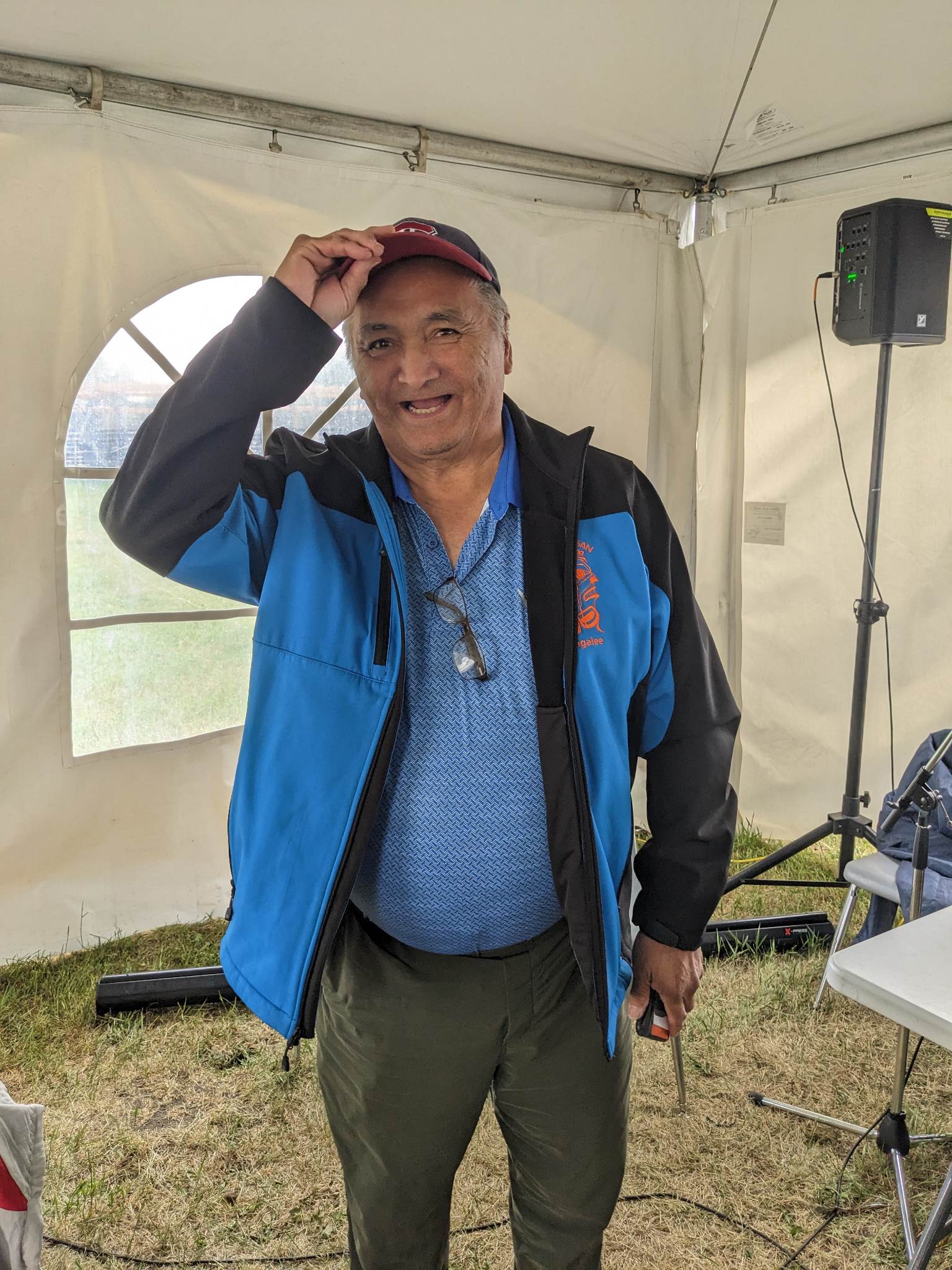Gary Williams- If your Kid Dies Here it’s Unnoticed
We had the basement where they, it’s almost like a recreation room where you can watch TV if you want to do. It’s sort of a rec room, or a just socializing room, but you can’t talk to one another. It’s kind of weird. You can go outside and play out in the yard, because there were supervisors standing all around you know, making sure the rules aren’t broken. And even though that was happening, we had lots of outings, outside time.
So, uh, what happened after that? On a Monday morning, they took us into our classrooms. The next floor up from the basement because they had steel stairs all the way up the fourth floor, I think, or third floor… fourth floor. The second floor was, on the boy side, was two separate units. One was both classrooms it might have been. Again, I’m on one side and my brother was on the other side and I didn’t see him. At one point, I knew, we went to school and then we sort of went away for a while, and then we came back later in the evening. That was how it was scheduled.
Anyway, so one side of the dorm, which held about, maybe 20 chairs on both sides, was 40 all together, and that was sort of the class for the younger generation, younger people. I’m quite sure that a lot of the other students that were 11 and 12, I think, they had evening classes. We went along like that for five days a week, and we, and we went on weekends we can socialize, not socialize but have an outside time. We did a lot of that, or else you can you can go and study in classrooms if you wanted to. Sort of I would say kill time I guess until dinnertime in the evening.
Again, you know same food again, and, anyway the two were, the two classrooms, I mentioned that. But the upper, the third floor is our bedroom dorms same kind of setup, lower kids on the other side. You know like the old saying goes, that you like, you hear all the time in a different uh, that you know you can’t really talk to one another or socialize with your own native tongue people. That was kept you know, if you did you would be punished, and we tried to follow the rules as good as we can so we couldn’t be punished.
So that went on for three months I guess, till Christmas time. At times I would write a letter back to home, and they would drop it into the mailbox here so that they can deliver it in town or get the post person to. There was no phones, so, like the people say, if your kid dies here, it’s unnoticed.
Even though I was here amongst all that, I could feel and sense the sacredness or private stuff, not knowing stuff that’s happening in the middle of the night because we’re younger… we wasn’t involved in that.
-Gary Williams
[read more]
Notes:
Oral interview with Gary Williams. Conducted by Peter Dawson at Poundmaker’s Lodge, St Albert, May 4, 2022. Transcribed by Erica Van Vugt and Madisen Hvidberg. University of Calgary, Jan 23, 2024.
Image: AB Archives, PR198510010110. Edmonton Indian Residential School, St. Albert, Title: [no names or description provided]. ND.

